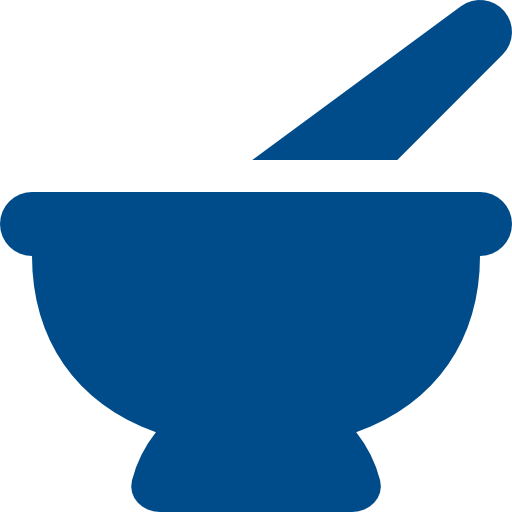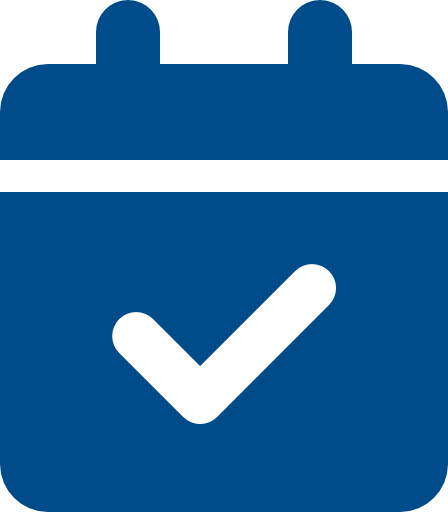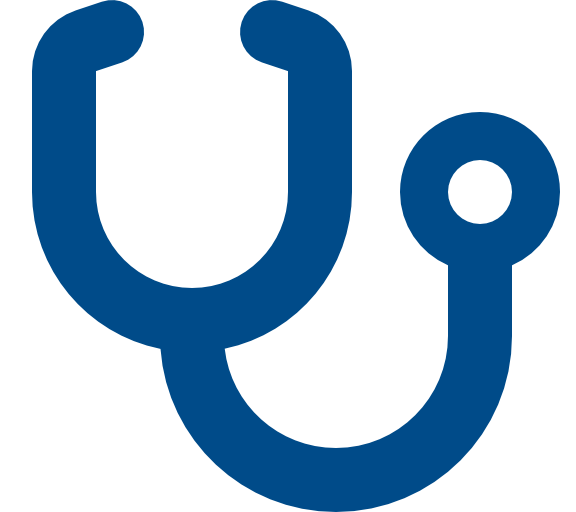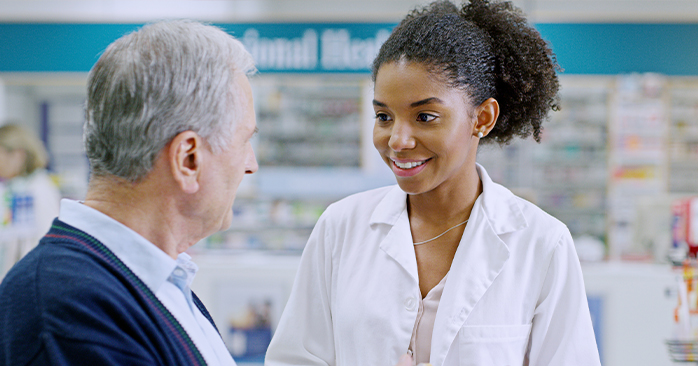What are
Compounding Pharmacies?
Cook’s Pharmacy is a compounding pharmacy. To be a compound pharmacy means to provide personalized medicine for patients.
Traditionally, compounding pharmacies make drugs prescribed by doctors for patients whose needs cannot be met in the same way by commercially available drugs.
Compounding drugs involves combining, mixing or changing ingredients in medications to be tailored to the needs of an individual.
Who are Compounding Pharmacies for?
Examples of situations where people might benefit from pharmacies that do compounding, include:
-
Children who need smaller, liquid doses of drugs made for adults in larger tablets
-
People who have allergies to commonly used fillers in drugs such as gluten and dyes
-
Individuals who require more specialized and specific dosages of drugs
-
Drugs are absorbed or excreted abnormally or ineffectively
-
Flavoured additives are needed for liquid medications
-
There are requirements for multiple medications combined in various doses
In these instances, compounding pharmacies would manufacture the drugs to suit the needs of the person’s specifications by tailoring drug doses, not including the ingredients that cause allergic reactions, etc.
Compounded Medication Types
Compounding pharmacies, like Cook’s Pharmacy, will customize your medication based on your individual needs.
Some examples of compounding products are:
- Wart and topical pain compounds
- Sports medicine
- Veterinary drugs
- Custom-made tablets
-
And individually formulated suspensions for adults and children
As well, other compounds which can be made are:
- Lozenges
- Uniquely crafted flavoured suspensions
- Sprays
- Hormone therapy
- Dental compounds
- Powders and more
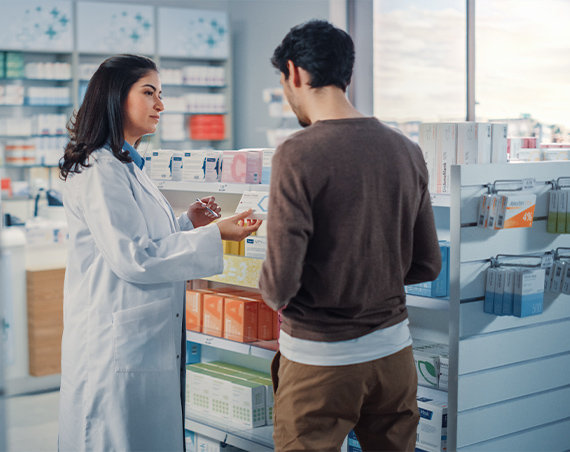
How does Cook's Pharmacy differ from Community Pharmacies?
A regular pharmacy will not fill prescriptions for compounded drugs, if your doctor writes you a prescription for one, you must get it filled at a compound rx pharmacy like Cook’s Pharmacy.
Compounding pharmacies are not the same as typical pharmacies. Other pharmacies do not have the required resources, necessary state-of-the-art information, chemicals, and required techniques to properly customize your medications based on your needs.
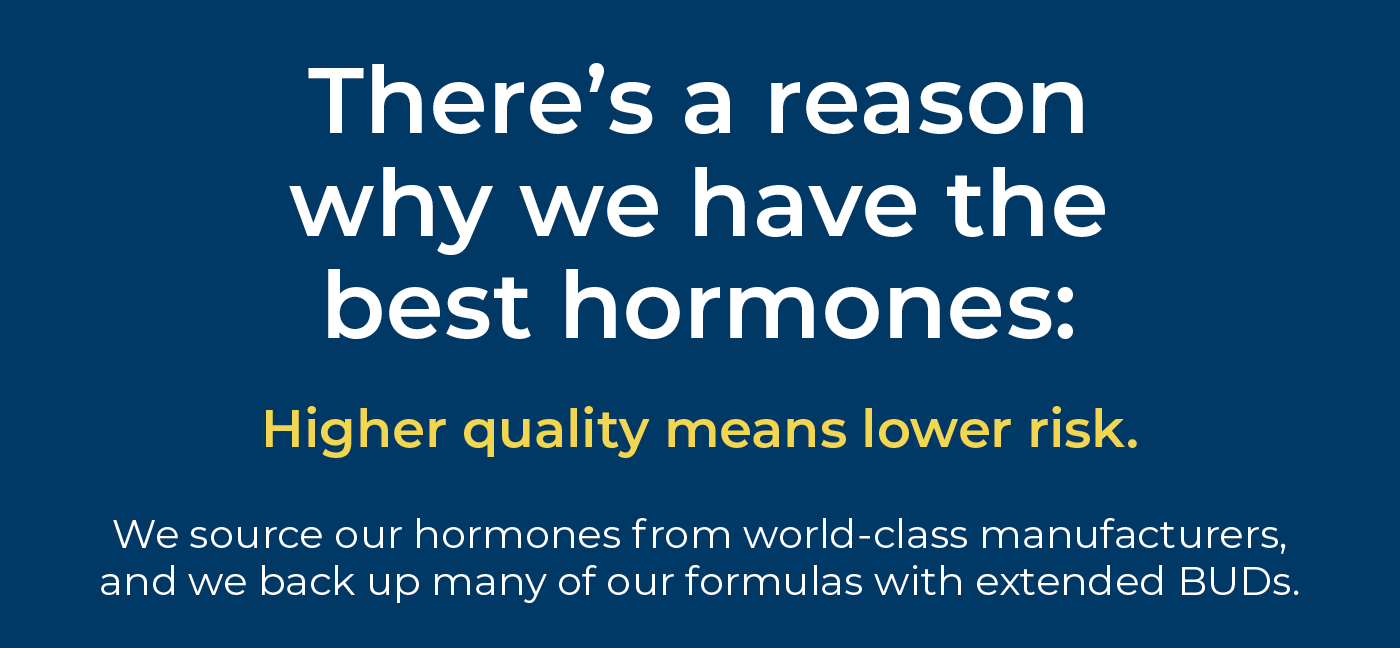 |
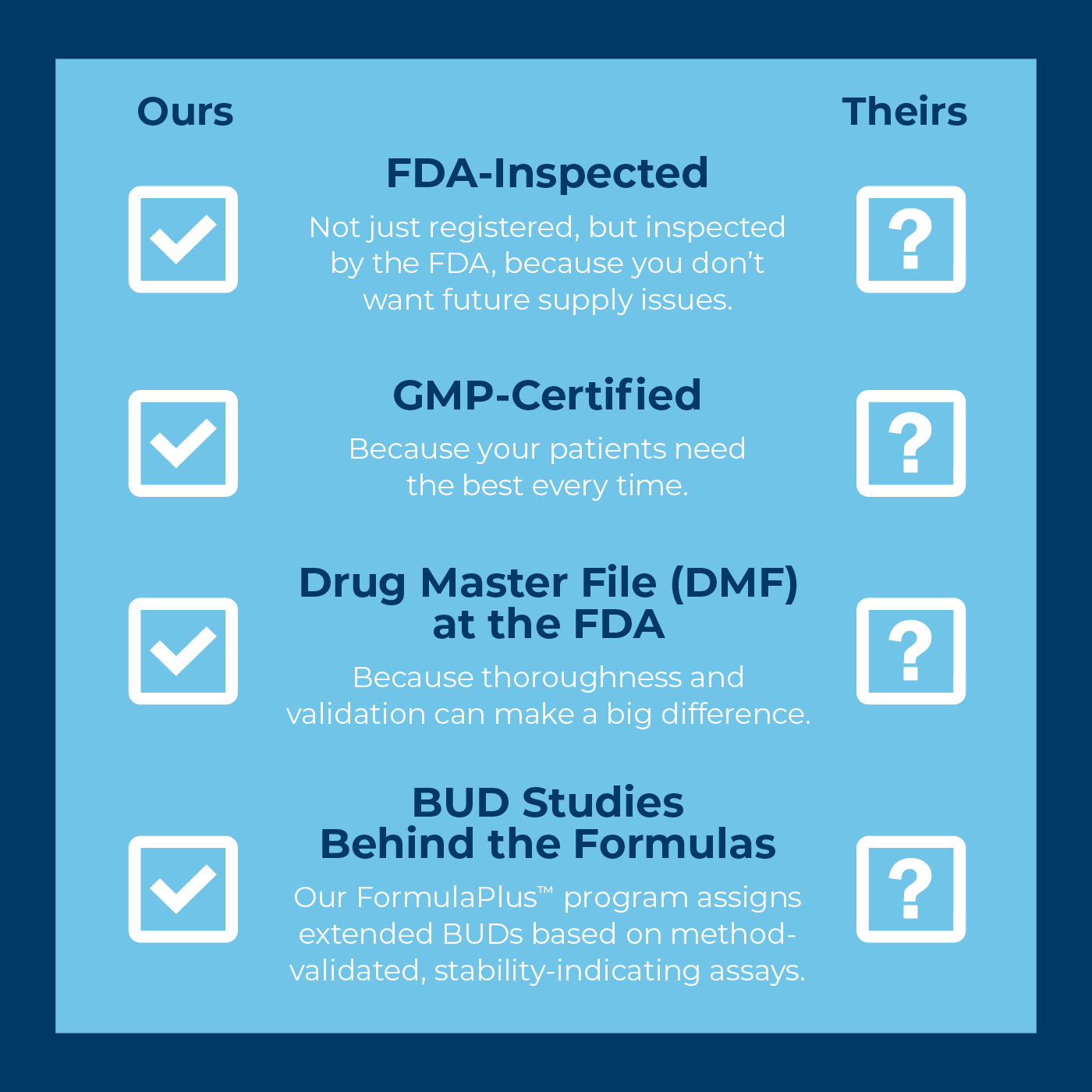 |
Speak to our compounding pharmacist team if you have any questions about our compounding services or how we can help you.
Talk to a Compounding Pharmacist
Compounding Pharmacy Benefits
![]() Personalized Medicine
Personalized Medicine
![]() Online Refills
Online Refills
![]() Free Area Wide Delivery
Free Area Wide Delivery
Think of compounding pharmacies as a doorway into personalized compound medicine that suits your specific needs and individual requirements.
You can be offered specific dosing, varying strengths, sizes and medication shapes, dye, preservative and lactose-free dosage forms, custom flavouring, as well as potentially providing unavailable or discontinued drugs.
As well, compounding pharmacies can offer medication reviews, online refills, as well as free prescription refills and delivery.
For some patients, compounded drugs can be life-changing, and in other cases, life-saving.
History of Compounding Pharmacies
Early chemists had extensive knowledge about natural substances and their specific uses.
They compounded a variety of different products that included:
- Medicines
- Dyes
- Incense
- Cosmetics
- Perfumes
- Compounds
- Preservatives
The very first drugstores were opened and operated by Muslim pharmacists in Baghdad in 754. The modern age of pharmacy compounding did not begin until the 19th century with the isolation of compounds from coal tar to produce synthetic dyes. During the 1800s, pharmacists began specializing in the preparation of crude drugs that come from natural sources, like opium. Eventually, pharmacists from this period began isolating and identifying the active ingredients in these new and improved drug concoctions.
With the isolation of medications from crude drugs came the birth of the modern pharmaceutical company. Pharmacists were trained to compound the preparations made by drug companies, but they could not do it efficiently on a small scale.
With the turn of the 20th century came greater government regulation of the practice of medicine. These new regulations forced the drug companies to prove that any new medication they brought to market was safe. With the discovery of penicillin, modern marketing techniques, and brand promotion, the drug manufacturing industry came of age.
Pharmacists continued to compound most prescriptions until the early 1950s when most dispensed drugs started to come directly from large pharmaceutical companies.

Blister Packaging
When an individual needs to take medication consistently, it can be difficult to remember whether or not they took it each and every day.
Once it becomes a routine, the days can blend into each other and it can be easy to forget. Blister packs are used to provide a safe and convenient way to take prescribed medication.
Any medication needed daily is separated from the rest into its own little pack. This makes it easy to know how much and when you need to take your medication. Blister packs provide peace of mind, as each day’s worth of medication is separated and labeled.
Depending on the health condition, missing a dose of your prescribed medication or taking a double dose can be a very dangerous health risk.
Medication Compounding Related Articles
Take a look at these affiliated blog posts.
View All Cook's Pharmacy Blogs
Any medical or pharmaceutical information on this site is provided as an information resource only and is not to be used or relied on for any diagnostic or treatment purposes. This information does not create any patient-pharmacist relationship, and should not be used as a substitute for professional diagnosis and treatment.
Please consult your healthcare provider before making any healthcare decisions or for guidance about a specific medical condition.
Cook’s Pharmacy and its subsidiaries expressly disclaim responsibility and shall have no liability, for any damages, loss, injury, or liability whatsoever suffered as a result of your reliance on the information contained in this site.

